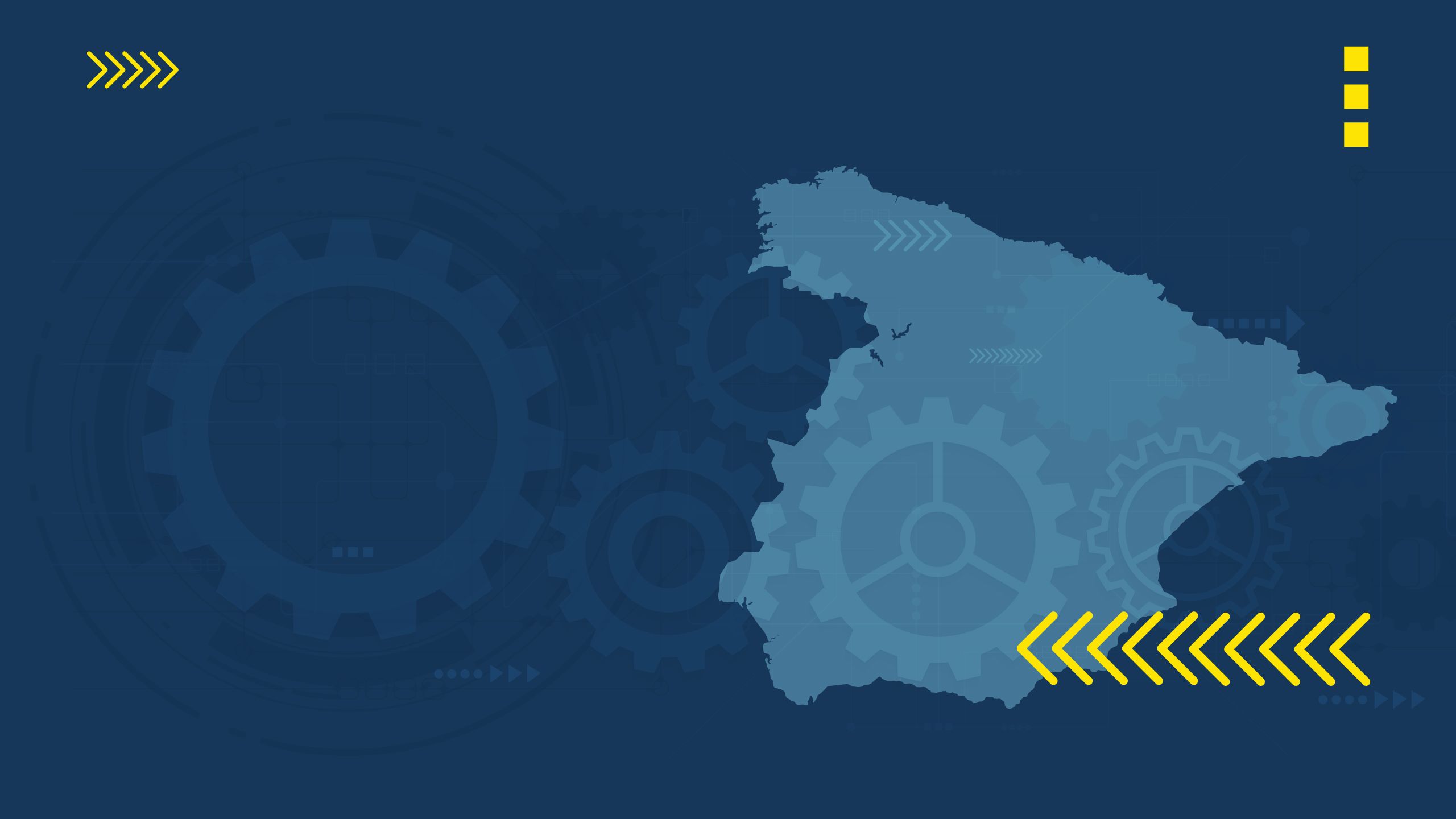
COMING TOGETHER
Consolidation seen in other markets across Europe arrived in Spain last year

(Scroll down for the rankings)
Two big names in Spanish corporate travel got together in 2021. In March, Spain’s Council of Ministers approved aid of €320 million from the SEPI Fund (Fund for Supporting the Solvency of Strategic Companies) to Globalia and Barceló Group to allow the two companies to proceed with a merger plan under the name, Ávoris Corporación Empresarial.
Since 2013, Barcelo Group has used the BCD Travel brand for its business travel operations in the country, operating as the exclusive partner in the country. Barceló also operates the B The Travel Brand chain and Barceló Hotels. Globalia is the parent of Globalia Corporate Travel, Halcón Viajes as well as Be Live Hotels and Air Europa.
Announcing the funding, the Council of Ministers said, “The strategic nature of Ávoris Corporación Empresarial is undeniable, as it has a notable presence in international markets, a significant market share, a large volume of business (€4,067 million of aggregate turnover in 2019), a significant number of direct employees (6,400) and 1,470 points of sale in its commercial network.”
In October, BCD confirmed its support for the new group, announcing a new strengthened partnerships agreement. Greg O’Neil, BCD Travel’s president for Asia Pacific, Middle East, Africa, and Global Network said at the time, “Our long-standing partnership with Ávoris is a reflection of the great results driven by their entrepreneurial mindset and focus on long-term growth which matches BCD’s own priorities.”
Juan Carlos González, distribution division managing director at Ávoris, said: “Strong partnerships are key to addressing rapidly evolving markets, technologies and customer needs. We look forward to deepening our cooperation and continuing our mutual focus on powering our customers’ business success and providing excellent and consistent service to their travellers.”
According to the latest GBTA BTI Outlook, Spain is currently the 11th biggest business travel market globally with an annual spend of $11.6 billion for the year, an increase of 13 per cent from $10.7 billion the previous year. The GBTA says the market will surpass its 2019 levels (when the figure stood at $24 billion) in 2024.
The increase in business travel spend in 2021 was also reflected in the number of business trips. According to the Instituto Nacional de Estadistica the number of trips increased from 9.4 million in 2020 to 12.4 million in 2021, compared with 2019 pre-pandemic figure of 16.1 million. International business trips in 2021 made up 6.4 per cent of the total, compared with 13.4 per cent in 2019.
McKinsey says that in Spain business travellers make up 17 per cent of domestic travel expenditure, “which is much higher than in many other countries; in the case of Spain’s neighbour Portugal, for example, only 7 per cent of domestic travel expenditure comes from business travellers”.
IAG revealed in February that traffic levels at Iberia had recovered to 75 per cent of pre-pandemic levels, partly because travel restrictions were not as tight as in other countries in which the company has airlines.
Spanish rail company Renfe has said that business traffic has been slower to recover than leisure traffic, with demand down by 16.5 per cent on 2019 levels.
NH Hotels, which generates a third of its revenues from business travel, said there had been a “gradual recovery” following the summer of 2021 in the MICE and business travel segments.
The pandemic has not been without its casualties in Spain. Agents’ association Acave estimates that 15 per cent of Spanish travel agencies have had to close as a result of the pandemic.
Spain’s GDP contracted by 10.8 per cent in 2020 but bounced back with growth of 5 per cent in 2021. The war in Ukraine has hit prospects for the next two years. In April, the Bank of Spain said it now expects GDP to grow by 4.5 per cent in 2022, down from its December estimate of 5.4 per cent. GDP growth in 2023 would now be 2.9 per cent, down from the previously predicted 3.9 per cent.






